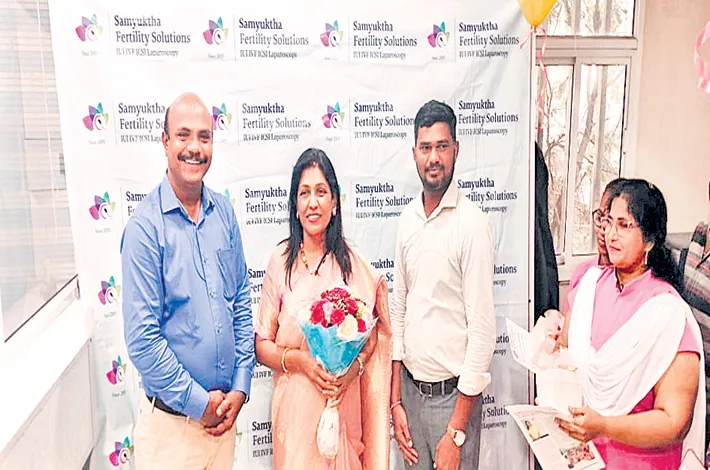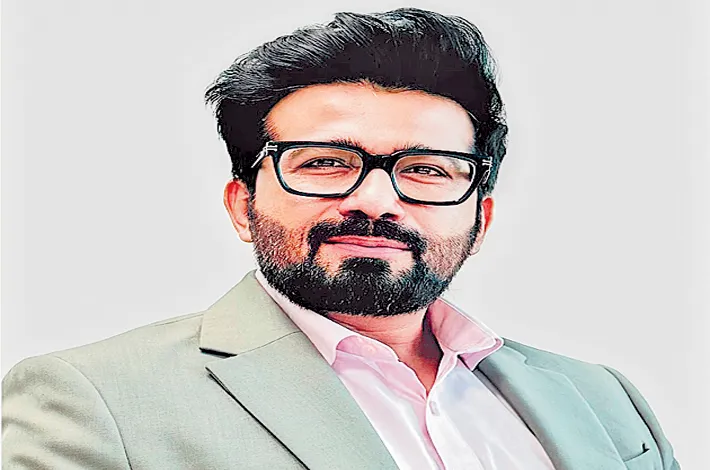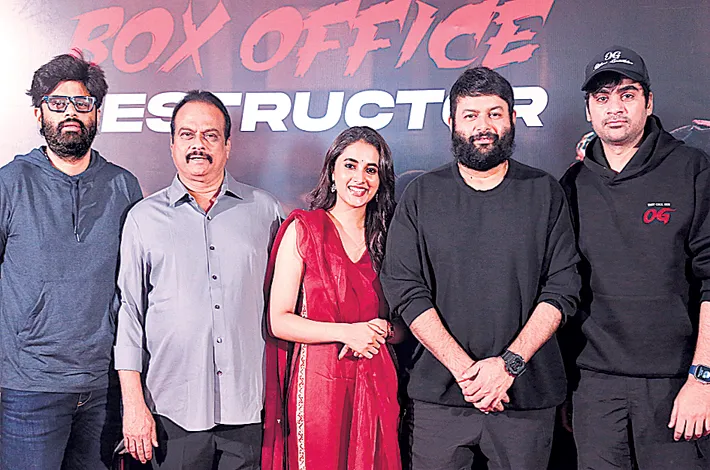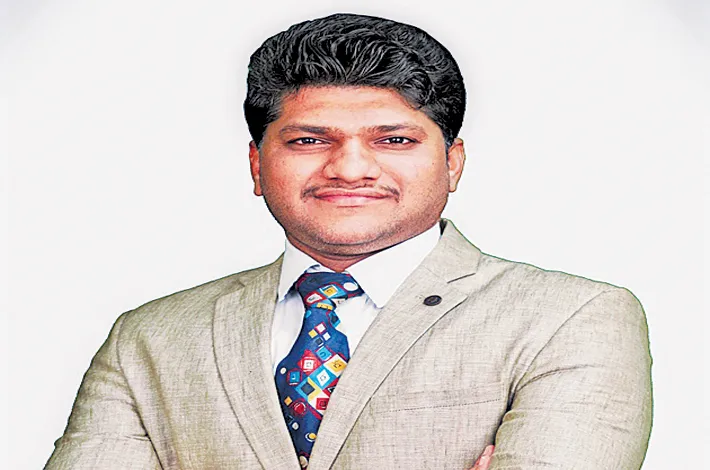Avakaya and Fish Curry
19-09-2025 12:00:00 AM
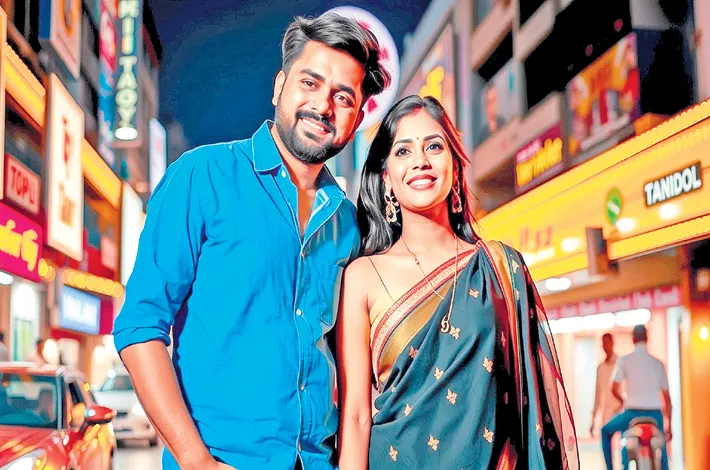
In the bustling heart of Mumbai, where dreams danced under the neon lights of Bollywood, Arjun Rao, a Telugu man with a quiet charm and a passion for cinematography, first crossed paths with Shreya Das, a Bengali girl whose soulful voice breathed life into playback singing. Arjun, with his sharp eye for framing stories through a camera lens, had come from Hyderabad, chasing the magic of film. Shreya, from Kolkata, arrived with melodies in her heart, her voice a blend of raw emotion and classical finesse. Their worlds collided in a cramped recording studio in Andheri, where the chaos of Bollywood’s heartbeat pulsed around them.
It was a humid afternoon, the kind that made Mumbai feel like a pressure cooker. Arjun was setting up his camera for a song sequence shoot, his focus intense, sweat beading on his brow. Shreya, in the sound booth, was practicing a soulful ballad for a romantic drama. Her voice floated through the studio, a haunting melody that made everyone pause, even the overworked spot boys. Arjun, adjusting his lens, found himself distracted, his gaze drifting toward the glass booth where Shreya sang, her eyes closed, lost in the music. He didn’t know it then, but that moment framed the beginning of their story.
Their first real conversation happened by accident. After the shoot, Shreya, clutching a cup of cutting chai, tripped over a tangle of cables near Arjun’s equipment. He caught her arm just in time, steadying her with a shy smile. “Careful, or you’ll end up in my next shot,” he teased, his Telugu accent softening the edges of his words. Shreya laughed, her Bengali lilt warm and unpretentious. “Only if it’s a blockbuster,” she quipped. They stood there, chai in hand, talking about films, music, and the madness of Mumbai. She loved Satyajit Ray’s poetic frames; he admired Mani Ratnam’s storytelling. They were different, yet their dreams aligned under the city’s relentless ambition.
Over months, their paths kept crossing—on sets, at dubbing studios, in the crowded canteens of Film City. Arjun would save a seat for Shreya at the local dosa joint, where they’d share plates of masala dosa and stories of their hometowns. She spoke of Kolkata’s Durga Puja, the scent of incense, and the rhythm of dhak drums. He told her about Hyderabad’s quiet lakes and his mother’s spicy biryani. Mumbai, with its grind and glamour, became their shared canvas, painting their bond with late-night shoots and stolen moments over Irani café buns.
Love crept in quietly. It was in the way Arjun adjusted his camera to catch the light in Shreya’s eyes during a shoot, or how Shreya hummed a tune she’d written, shyly admitting it was inspired by his laugh. But their worlds weren’t without complications. Shreya’s family in Kolkata expected her to marry a “nice Bengali boy,” and Arjun’s parents in Hyderabad dreamed of a traditional Telugu bride. Mumbai, however, cared little for such boundaries, and neither did their hearts.
One evening, during a rare monsoon break, they found themselves at Marine Drive. The sea was restless, waves crashing against the promenade, mirroring the storm in their hearts. Shreya, her dupatta fluttering in the wind, turned to Arjun. “What are we doing, Arjun? This city makes everything possible, but what about us?” He took her hand, his grip firm yet gentle. “We’re writing our own script, Shreya. Let’s make it a love story, not a tragedy.”
Their careers were soaring—Arjun’s cinematography earned him a nomination for a Filmfare Award, and Shreya’s voice became the soul of a chart-topping soundtrack. Yet, their love faced its own montage of challenges. Whispers on sets about their “cross-cultural” romance stirred gossip, and family calls grew tense. Shreya’s mother sent her a photo of a prospective groom; Arjun’s father spoke of “tradition” in stern tones. But Mumbai, with its chaotic embrace, gave them courage. They decided to fight, not just for their careers, but for each other.
The turning point came during a film premiere at a plush Juhu theater. Shreya’s song played as the credits rolled, and Arjun’s visuals lit up the screen, earning a standing ovation. As the crowd cheered, they stood side by side, their hands brushing in the dark. Later, at a quiet rooftop café, Arjun pulled out a small jhumka, a nod to Shreya’s Bengali roots. “Marry me,” he said, his voice steady despite the city’s hum below. “Let’s make Mumbai our home, our story.” Shreya’s eyes glistened, and with a smile that outshone the city lights, she nodded.
Their wedding was a celebration of their worlds converging. In a small Mumbai venue, with the Arabian Sea as a backdrop, they married in a ceremony that blended Telugu and Bengali traditions. Shreya wore a red Banarasi saree, her hands adorned with alta, while Arjun, in a silk kurta, tied the mangalsutra with a promise of forever. Friends from Bollywood—directors, singers, and spot boys—cheered as they danced to a mix of Rabindra Sangeet and Telugu folk tunes. Their families, initially hesitant, melted under the warmth of their love, joining the celebration with tearful smiles.
Years later, Arjun and Shreya stood on a Bollywood set, now a power couple—a celebrated cinematographer and a playback singer whose love story inspired a film. Mumbai, the city that had tested and shaped them, remained their home. Their love, born in the chaos of dreams, had become a timeless reel, forever etched in the city’s cinematic heart.





